As an employee or employer in the United Kingdom, you may have come across the term “P11D” at some point. The P11D form plays a crucial role in the tax system of the UK, and it is essential to have a clear understanding of its purpose, requirements, and implications. In this comprehensive guide, we will delve into the world of P11D forms, exploring what they are, who needs to file them, and how they impact both employees and employers.
What is a P11D Form?
P11D is a statutory form used by employers to report any taxable benefits and expenses provided to their employees during a tax year. The form provides details of non-cash benefits, such as company cars, private healthcare, loans, and other expenses paid on behalf of employees, that are subject to taxation.
Purpose of P11D Forms:
The primary purpose of P11D forms is to ensure that employees pay the correct amount of tax on the benefits they receive from their employer. These benefits, if not properly reported and taxed, could be seen as additional income and may lead to potential tax liabilities.
Who Needs to File P11D Forms?
Employers are required to file a P11D form for each employee who has received taxable benefits and expenses in a tax year, provided that employee earns above the PAYE (Pay As You Earn) threshold. Additionally, employers are also responsible for completing a P11D(b) form, which reports the total amount of Class 1A National Insurance contributions due on the taxable benefits.
Employees themselves do not need to file P11D forms. However, they should ensure that their employer has accurately reported all their taxable benefits and expenses on the form.
Important Deadlines and Penalties
It’s crucial for employers to adhere to the deadlines associated with P11D forms to avoid penalties. The deadline for submitting P11D forms to HM Revenue and Customs (HMRC) is typically July 6th following the end of the tax year (which runs from April 6th to April 5th). Employers must also submit the corresponding P11D(b) form by the same deadline.
If the forms are not submitted on time, or if incorrect information is provided, employers may face penalties and interest charges. It’s essential to familiarise yourself with the current deadlines and requirements set by HMRC to ensure compliance.
Tax Implications for Employees
Once the P11D forms have been submitted by the employer, HMRC uses the information to calculate the additional tax owed by employees on their taxable benefits and expenses. This additional tax is typically collected through the employee’s PAYE tax code or by adjusting their self-assessment tax return.
It’s important for employees to review the information reported on their P11D forms and ensure its accuracy. Any discrepancies should be addressed with the employer to avoid potential issues with taxation.
Understanding P11D forms is crucial for both employees and employers in the UK. Employers must accurately report taxable benefits and expenses provided to employees, while employees should review the information to ensure they are paying the correct amount of tax. Compliance with the P11D requirements helps maintain transparency in the tax system and avoids potential penalties.
If you are an employer or employee in the UK, make sure you familiarize yourself with the current guidelines and deadlines provided by HMRC regarding P11D forms. Being proactive in meeting your obligations will help ensure a smooth tax filing process and avoid any unnecessary complications or penalties.
